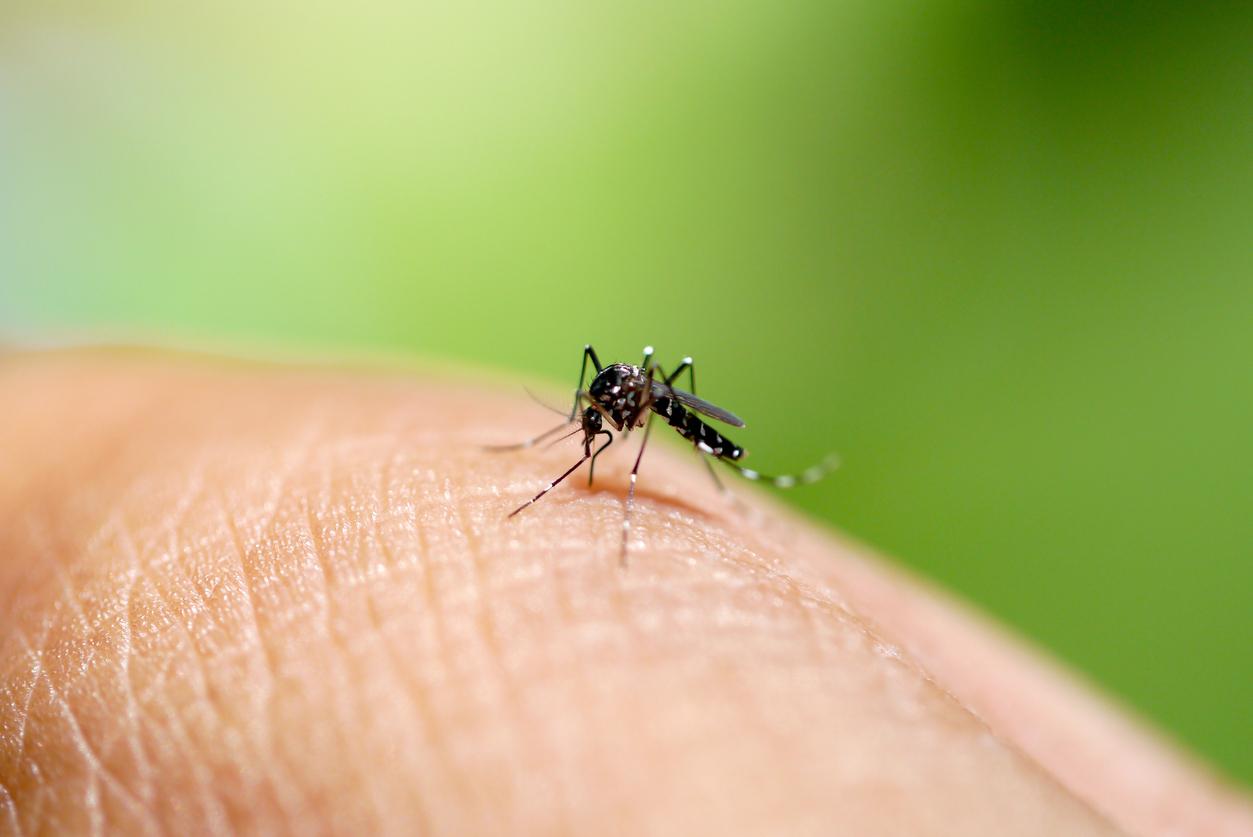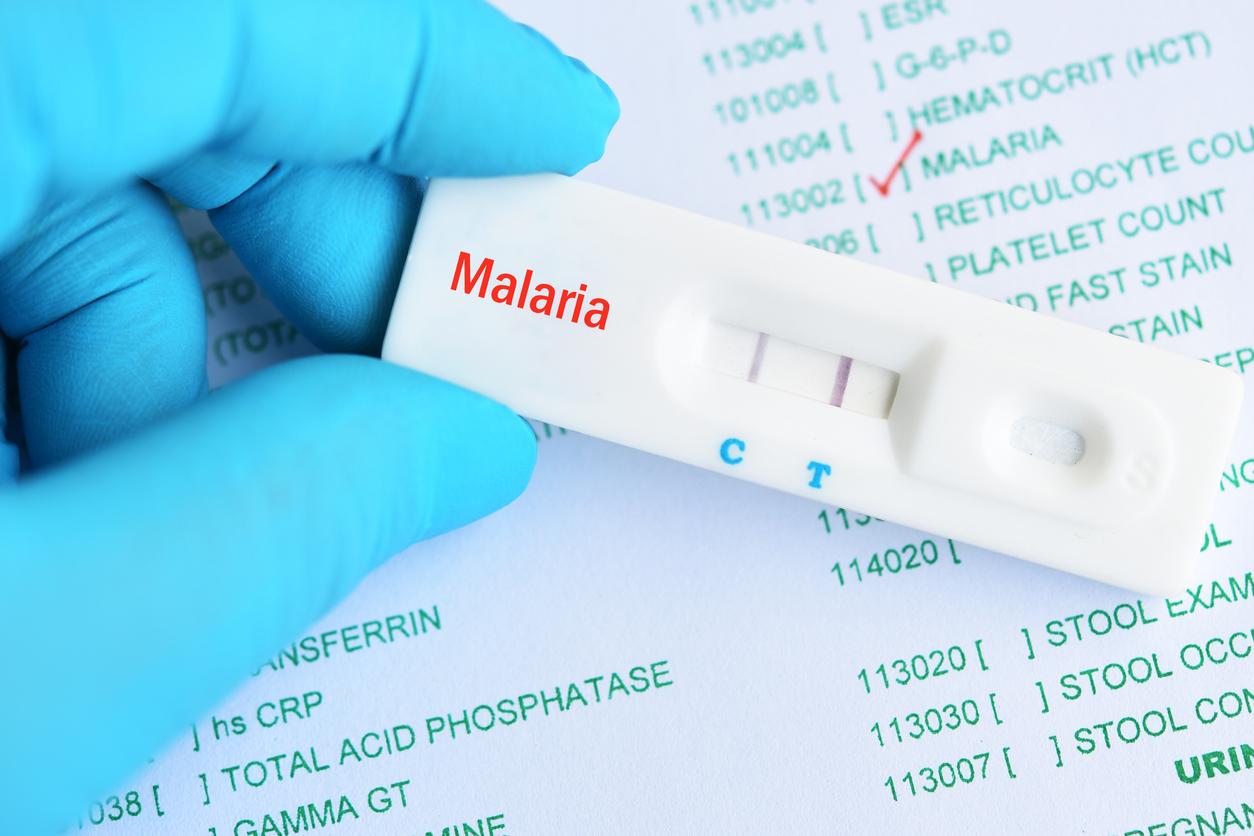On the occasion of the World Day Against malaria, this April 25, the World Health Organization (WHO) recalls that the disease also affects pregnant women (gestational malaria) and can cause serious sequelae. Each year, more than 100 million pregnant women are threatened by this disease, which causes the death of 80,000 to 200,000 children. The infection, transmitted by the parasite Plasmodium falciparum, is considered a major public health problem in tropical and subtropical regions, particularly in sub-Saharan Africa.
When a woman suffers from gestational malaria, her red blood cells attach themselves to the cells of the placenta, making it difficult to communicate with the child. This complication can lead to fetal growth defect, increased mortality of low birth weight newborns, and maternal anemia or death.
An additional significant impact
“The challenge for researchers then lies in developing a specific vaccine that would be administered to young girls before their first pregnancy,” says the National Institute of Health (Inserm).
To this end, the research director of the “Integrated biology of the red blood cell” unit at Inserm, Benoît Gamain, has launched a phase I trial which should begin in 2015. The researcher wants to assess the safety and tolerance of the vaccine on individuals, as well as its effectiveness. In the context of a significant drop in malaria-related mortality in endemic countries, “a vaccine against gestational malaria would have a significant additional impact on the mortality associated with this scourge”, he assures.
















